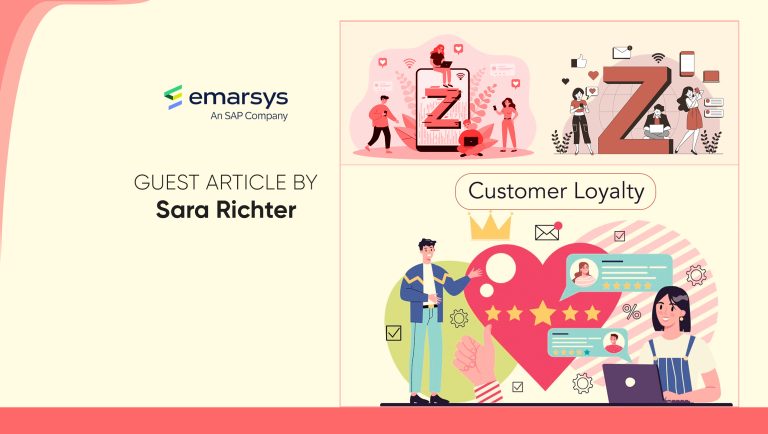Salesforce has announced the launch of its hybrid CMS to help content creators draft content and syndicate across Salesforce platforms and other systems. The CMS’s primary target is Salesforce’s already existing customer base who can now manage content on their websites, mobile apps and e-commerce sites using a homegrown solution.
Why Salesforce Needs a CMS?
Salesforce has already made investments in Automattic which owns WordPress. However, it seems Salesforce aspires to have their own solutions under its umbrella. Guess what? this CMS has ‘Einstein features’ to enhance Sales using your content.
According to Anna Rosenmann, the Vice President of Product Marketing for Community Cloud, Commerce Cloud and Salesforce CMS, the new system was built based on customers’ demand. The objective of this move is to connect content, data and customers.
“This is less about a CMS and more about what our customers are trying to do. Companies are trying to create a consistent customer journey and keep content moving. Everyone (in a company) is on a Content team,” said Rosenmann.
Also Read: MarTech RADAR 2019: Top 250 B2B Technology Companies You Should Follow
Headless CMS
The Salesforce CMS has Headless APIs like in Contentstack. Such kind of CMS, according to Salesforce resolve the challenges of coupled creation and presentation by dropping the presentation touchpoint, or presentation head. You use a headless CMS to create and modify content, but that content needs to feed into a separate presentation application. This means users can post content connected to external and internal sites and apps. Above all, they can personalize content based on data.
Marketing Technology News: Druva Recognized in Deloitte’s 2019 Technology Fast 500™ for Fourth Consecutive Year
Not a Replacement but an Addition
Salesforce already has deep integrations features with players like Box. The Salesforce CMS will not replace the existing web CMS tools like DropBox and Onedrive in its Workflow. The new CMS system will work in its various Cloud systems. An added feature will be, owing to the data integration it would be possible to link the CRM data to content.
Marketing Technology News: QuickBooks Brings AI-Driven Innovations to Small Businesses






















